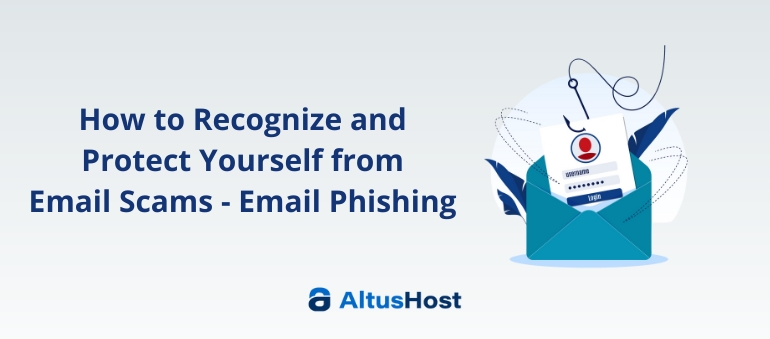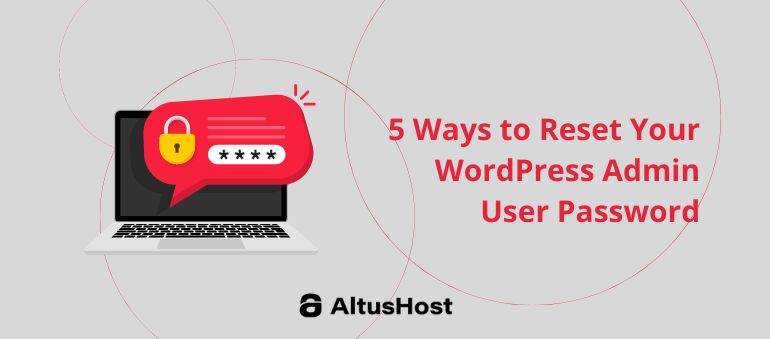As you have probably figured out by now, I’m a huge movie nerd. I love watching films. They’re more to me than just a silly pastime activity. I constantly use gifs from all sorts of different films and tv shows to illustrate some of my words on this blog.
I see films as a window into the great unknown. They offer me the chance to visit places and realities I have never seen before, and conceptualize and feel the world through different sets of eyes.
A couple of days ago, I went to see the new Fantastic Four movie. Being a cinephile, I came prepared. I read a ton of reviews online and followed up on various user comments. Although they were mostly negative, I still decided to give this project a chance. Why? – Well, because I was curious. I knew the film had some production issues, but still I thought it would be at least entertaining.
I ended up regretting this decision. The film was so bad that it actually hurt. I just could not believe that a movie that cost $122mil to make, grossed only $26mil in its opening week. F4 opened in 3,995 locations and it still managed to earn less than almost any other Marvel movie.
The only Marvel film that made less money than F4 was Ghost Rider: Spirit of Vengeance, back in 2011, but in all fairness, it had a way, way lower budget. So, knowing this, we can clearly say that Trank’s Fantastic Four is officially the biggest Marvel flop ever.
/Sad trombone sound/
/Fat lady singing/
/Babies crying/
/Big explosion in the background/
/Feathers flying/
So, what happened here? How come it collapsed so hard? The Fantastic Four is based on comic book characters whose adventures have been followed and celebrated by tons of fans all over the world for 54 years now.
How come they didn’t want to see their favorite heroes come to life on screen?
Three words: One bad tweet.
Before the film’s release, rumors surfaced about a highly-troubled production, and director Josh Trank, writer Simon Kinberg, and the studio, 20th Century Fox, tried to put a positive face on the whole situation by denying that things were going sideways. However, with the film failing critically and commercially, the dam broke, and Trank tweeted out on Thursday night, “A year ago I had a fantastic version of this. And it would’ve received great reviews. You’ll probably never see it. That’s reality though.”
Apropos to this, What Culture published a blog post, titled 10 Directors Who Seriously Detested Their Own Movies. For the sake of the story, let’s assume that all these allegations are true. Let’s assume that what all these directors are saying are hard facts. Let’s believe that their films failed due to restless studio interference. I know that there are always two sides to every story, but, for now, let’s examine this one.
After reading the whole article, I noticed a pattern. I noticed that all these filmmakers fell victim to the same thing – their inability to say NO to their clients (in this particular case, studio heads). This leads us to our story.
Learning to say NO to some of your clients is probably one of the most important things you need to learn, if you want to run a successful business.
Why is it so important to learn this? – Because, by saying this two letter word, you’re basically setting up boundaries. You’re showing people to what extent they can actually push you.
Every small business owner tends to get caught in this web. As someone who is just starting a business or is looking to expand it, you would do almost everything to acquire new clientele. You would dance like a monkey for them, as long as they agree to pay for your products and services. In most cases, these small business owners find their way into a situation where they cannot afford to say no to their clients.
Most of these clients know this, so they do everything in their power to abuse their situation and get more for less.
Shift Gears – Kill it Before It Lays Eggs
You need to reprogram how you think about objection. You are not in anyway obligated to do what you don’t want to do, or you’re not comfortable doing. Nor do you have any benefits in investing yourself in an abusive relationship. If you don’t stand your ground and request a certain level of respect, people will walk all over you and take advantage of your kindness.
Remember, in this scenario, you’re not kind or flexible.
No. You’re just a push over.
We at AltusHost unfortunately more often than not come into these situation where we have to suspend clients. Just last week, we had to block this one account. Why? – Well, because we received a chargeback notice from the bank, claiming that a certain credit card has been used without the consent of its owner.
Naturally, when it comes to stuff like this, we request additional information from the client. We need to see if their account has been abused or not. We need to see if there’s any fraud behind this specific action.
Seeing how this specific client failed to deliver what we asked of him, we had no choice but to block his account. That’s when all the drama started. All the bad reviews, all the terrible emails. But hey, we need to stand our ground on this.
I know that there are a lot of people out there who think that saying no to a customer means that you’ve failed at business. In its core, every business is a service to the customer. Its soul purpose is to provide direct or indirect solutions for them. However, not all customers are good customers. There are some customers out there who are not interested in finding a win-win situation for both parties. There some customers who are not able to complete even the simplest of requests in order to help us help them.
How and When to Say NO
Every business person, be it a manager, or just a low level sales rep, should have his or her own list of “deal breakers” to remind them of where they’ll draw the line with a customer.
Most people, brainwashed by the whole trip of making a sale, tend to ignore these bad signals and end up making lousy deals that cost them far more than just their time and money. They end up forming bad relationship that drain their energy and cause all sorts of uncomfortable situations.
That is why it’s of crucial importance to stick to your “deal breakers” and act on them without being emotional. Although there are exceptions, most people don’t really want to take advantage of you. Things just happen. So, Instead of agreeing to certain term and later on asking, “Who screwed up?” which only accuses your customer and puts him on the defensive, the better alternative is to say “No” to a certain request that put you in a bad situation and try to find an alternative that works for both parties.
If you cannot do that, then it’s best for everyone involved that a certain deal doesn’t go through.
Remember, no is simply no. it’s not a situation, or rude behavior, it’s just not wanting to do something. It isn’t difficult unless you have attached your own meaning to it, and that’s where the problem may be. If you think saying no means you are being rude, then you have a serious problem on your hands.
Thank you for taking the time to read this article. I hope you enjoyed it.
If you have any question about what I wrote here, please feel free to write them down in the comments section below and I’ll do my best to answer them ASAP.
See you soon again,
Kindest regards,
Goran @ AltusHost B.V.
The author is highly qualified and writes blog posts weekly.







